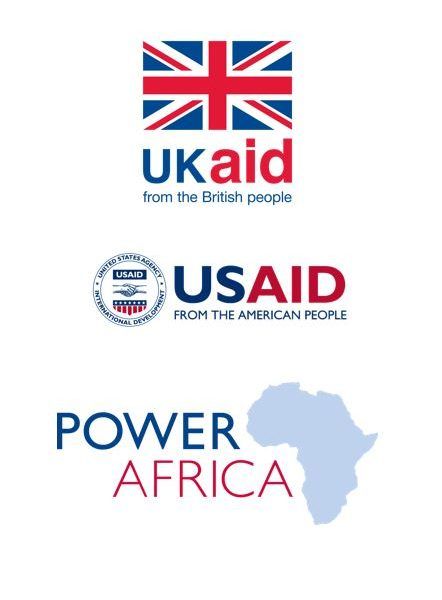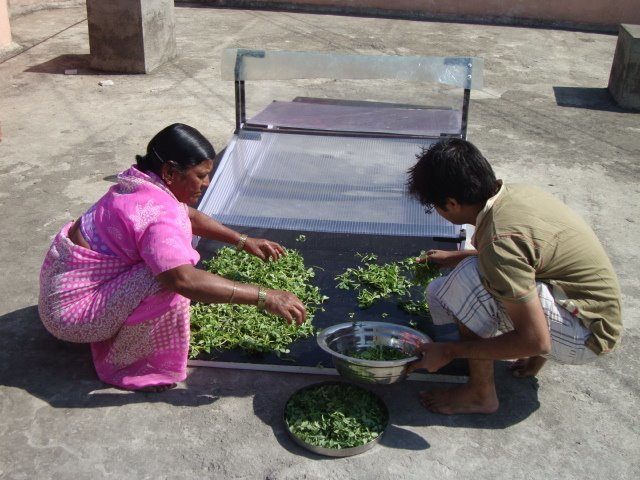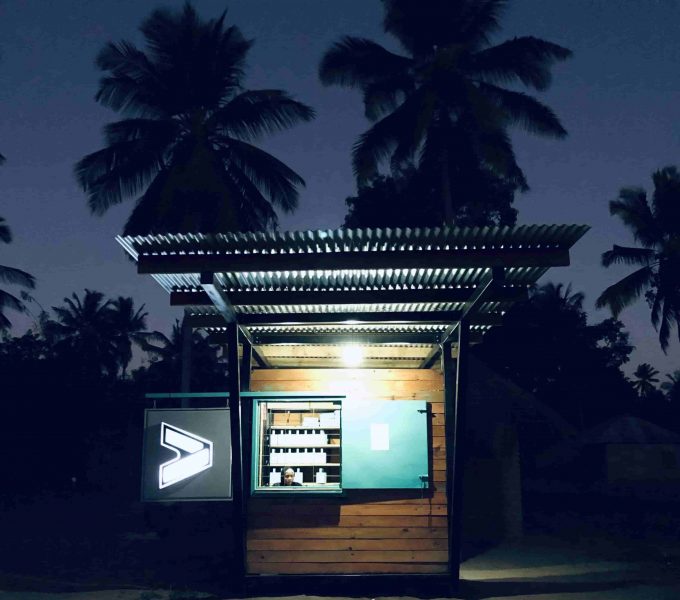Grant funding has financed pivots and increased resilience …
When the pandemic struck, we reworked our business plan to make additional funding available to our portfolio, specifically for business resilience support. Delivered alongside non-financial technical assistance on topics that are of high concern for the entrepreneurs, the aim was to help those in our portfolio of 65 social enterprises and institutions most affected by the pandemic to maintain impact, pivot if needed and retain viability following the expected period of lower revenues and investment.
This revised plan has allowed us to deploy $17m in grant funding in 2020, with an additional $5.4m committed to go out before year end. The grants have come from SF’s own funds and our co-funding energy partnerships with the FCDO — as part of their Transforming Energy Access programme — USAID and Power Africa. Our support has helped the portfolio leverage $440 of additional investment.
From using customer service platforms to identify need and provide key health products, to adjusting payment plans or delivery models, the entrepreneurs in our portfolio have adapted to the ever-changing circumstances with ingenuity and invention, pivoting their models and leveraging additional investment in order to retain viability through the pandemic and continue serving low-income consumers.



